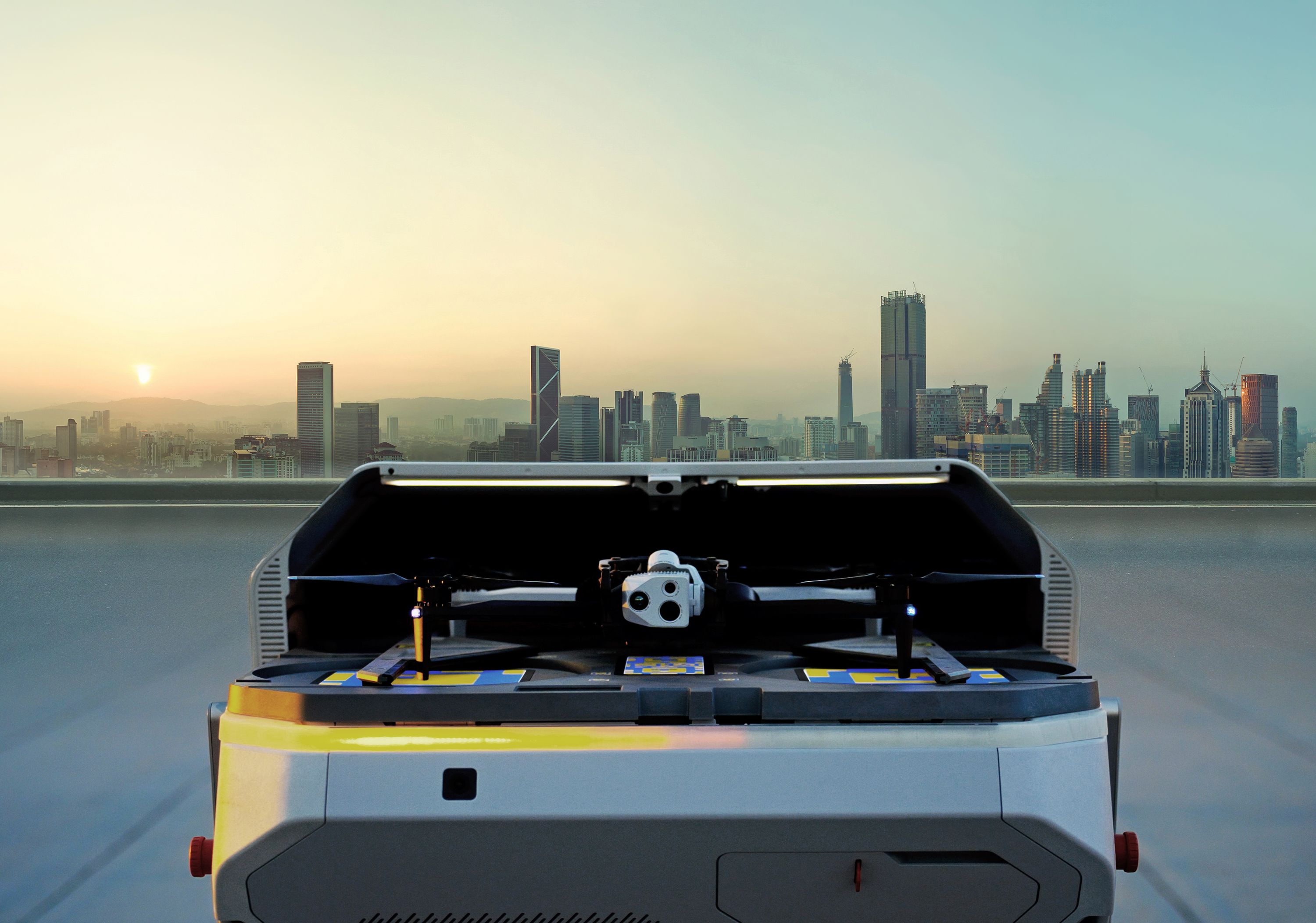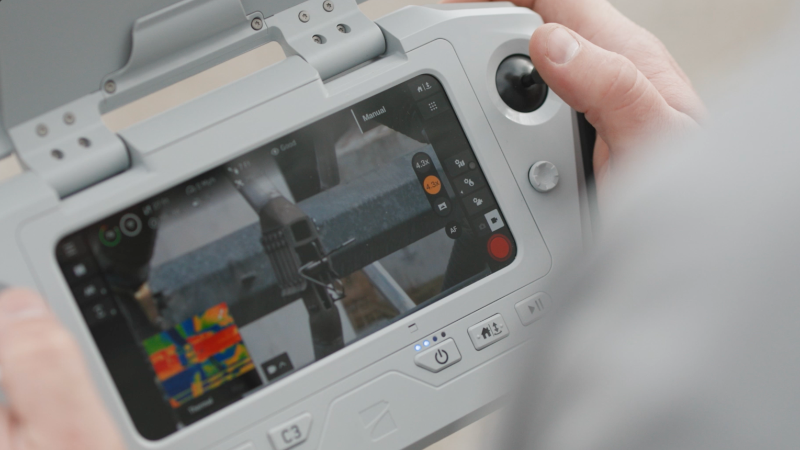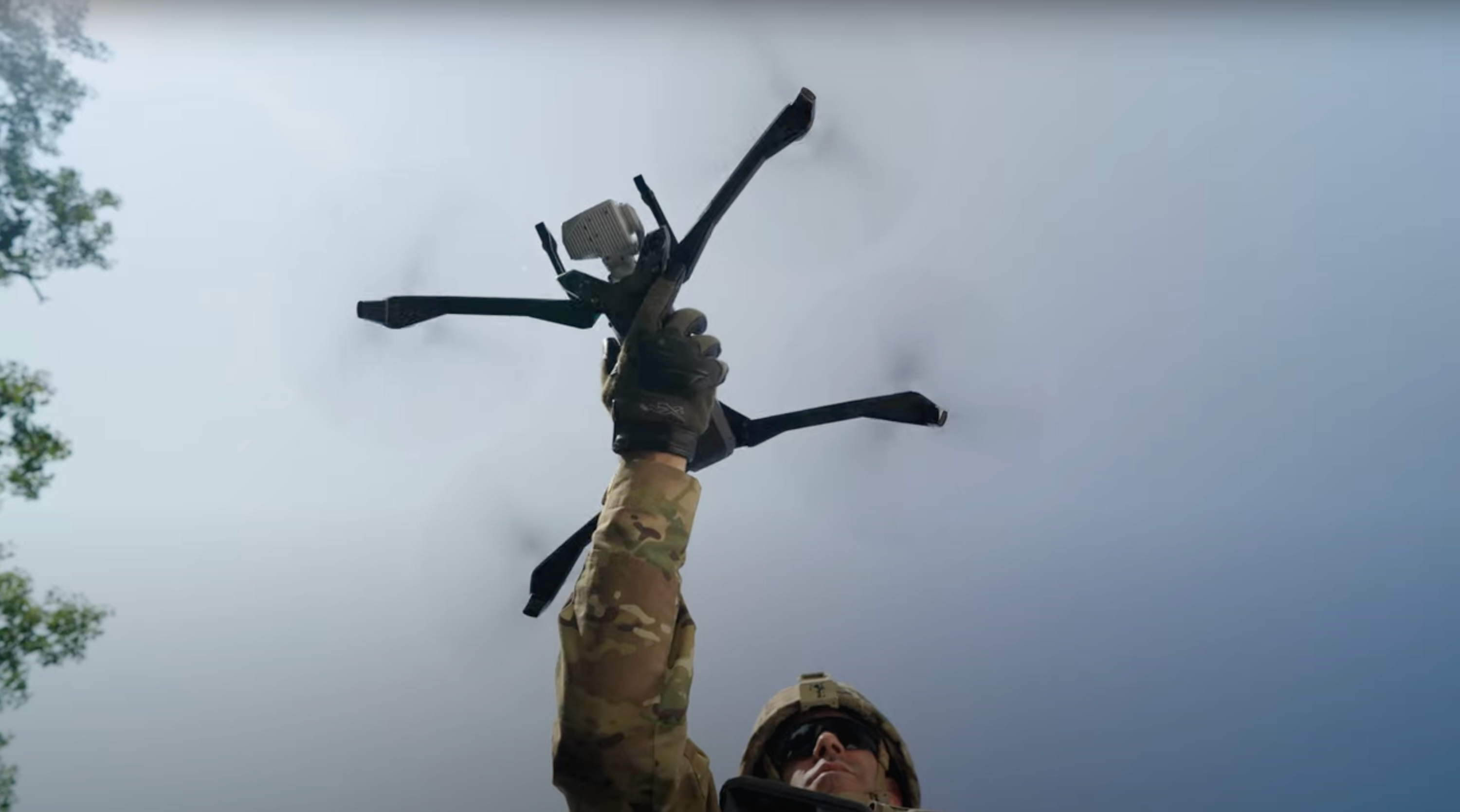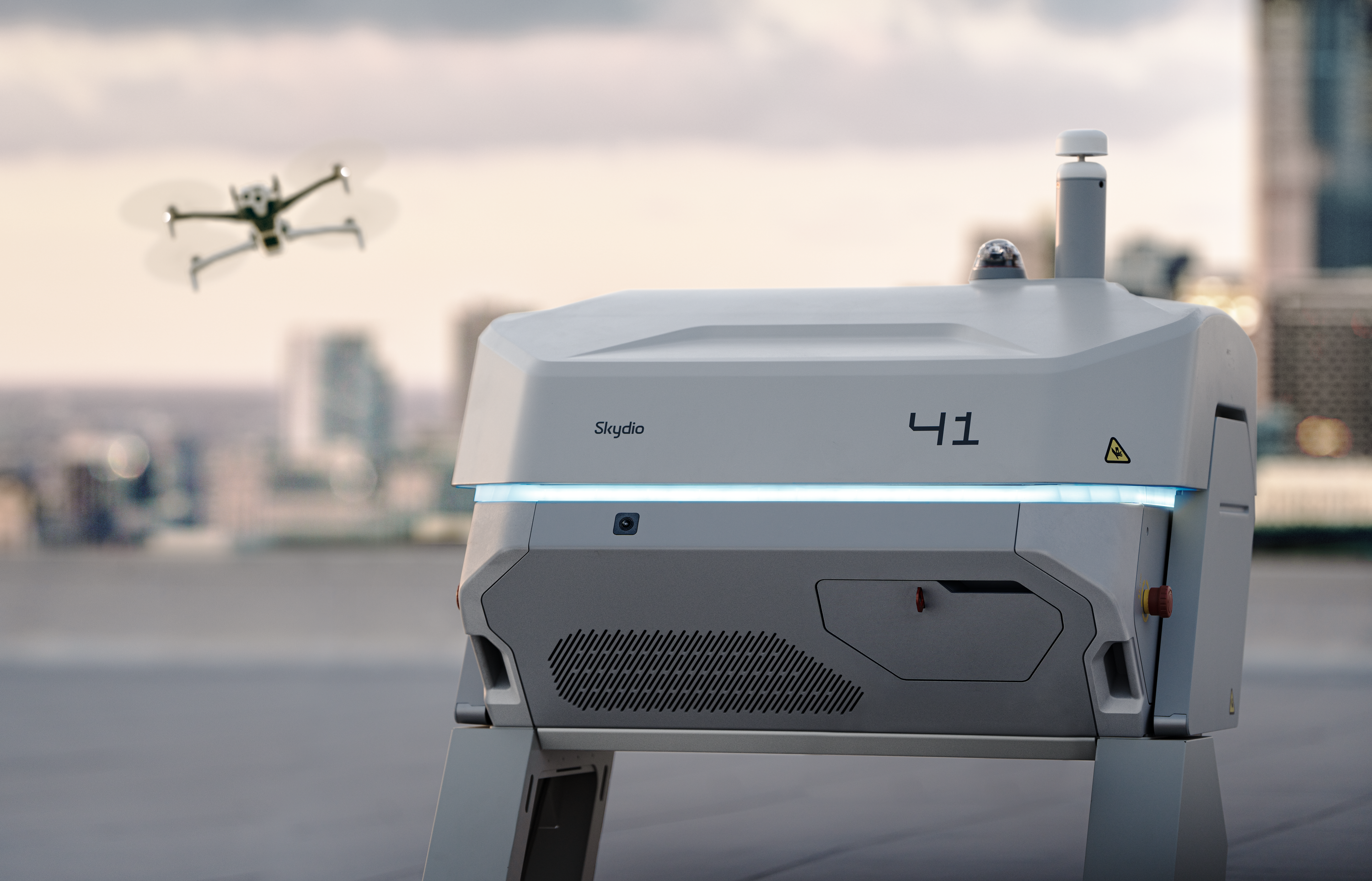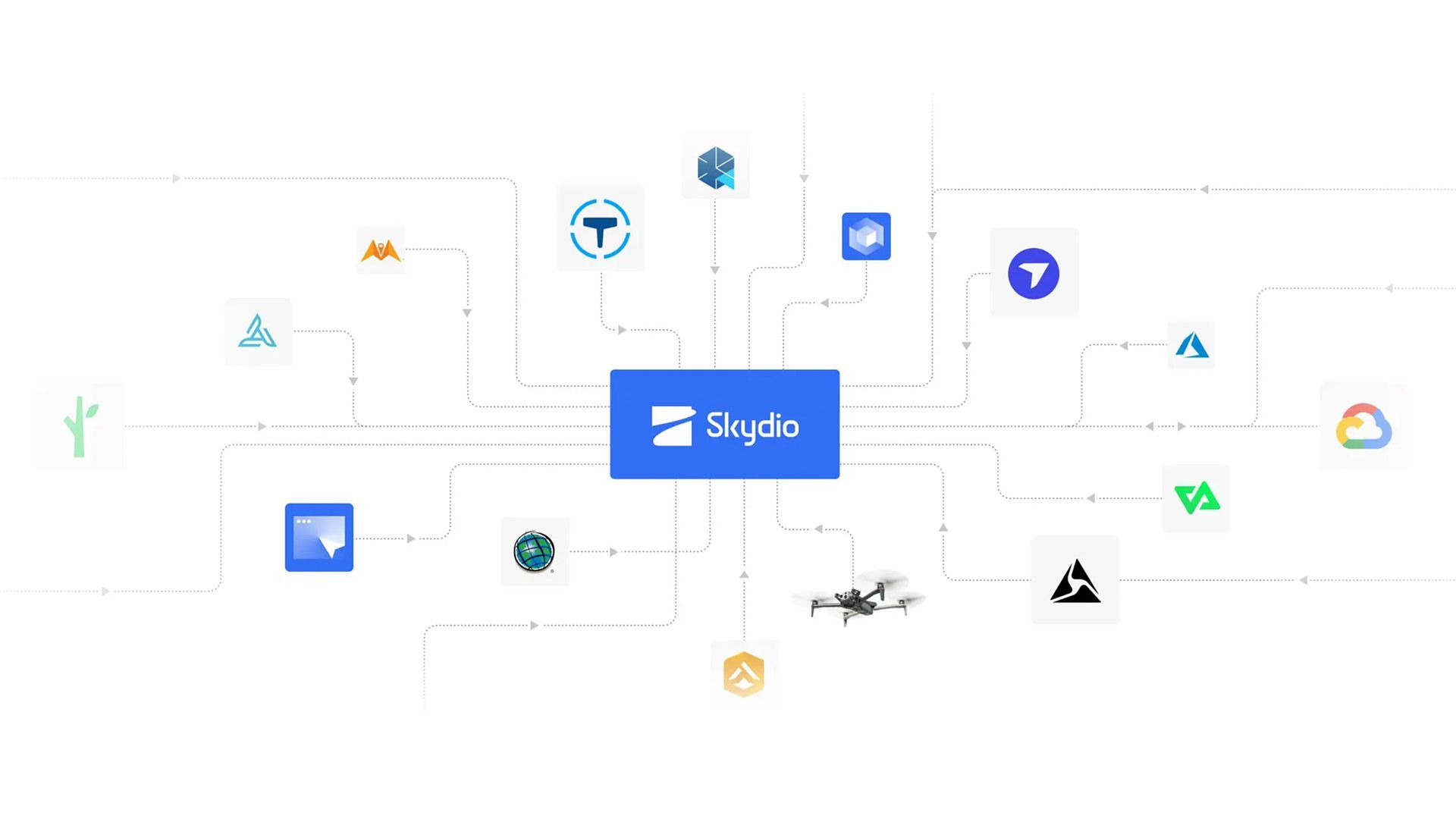Skydio Mission and Responsible Use Principles
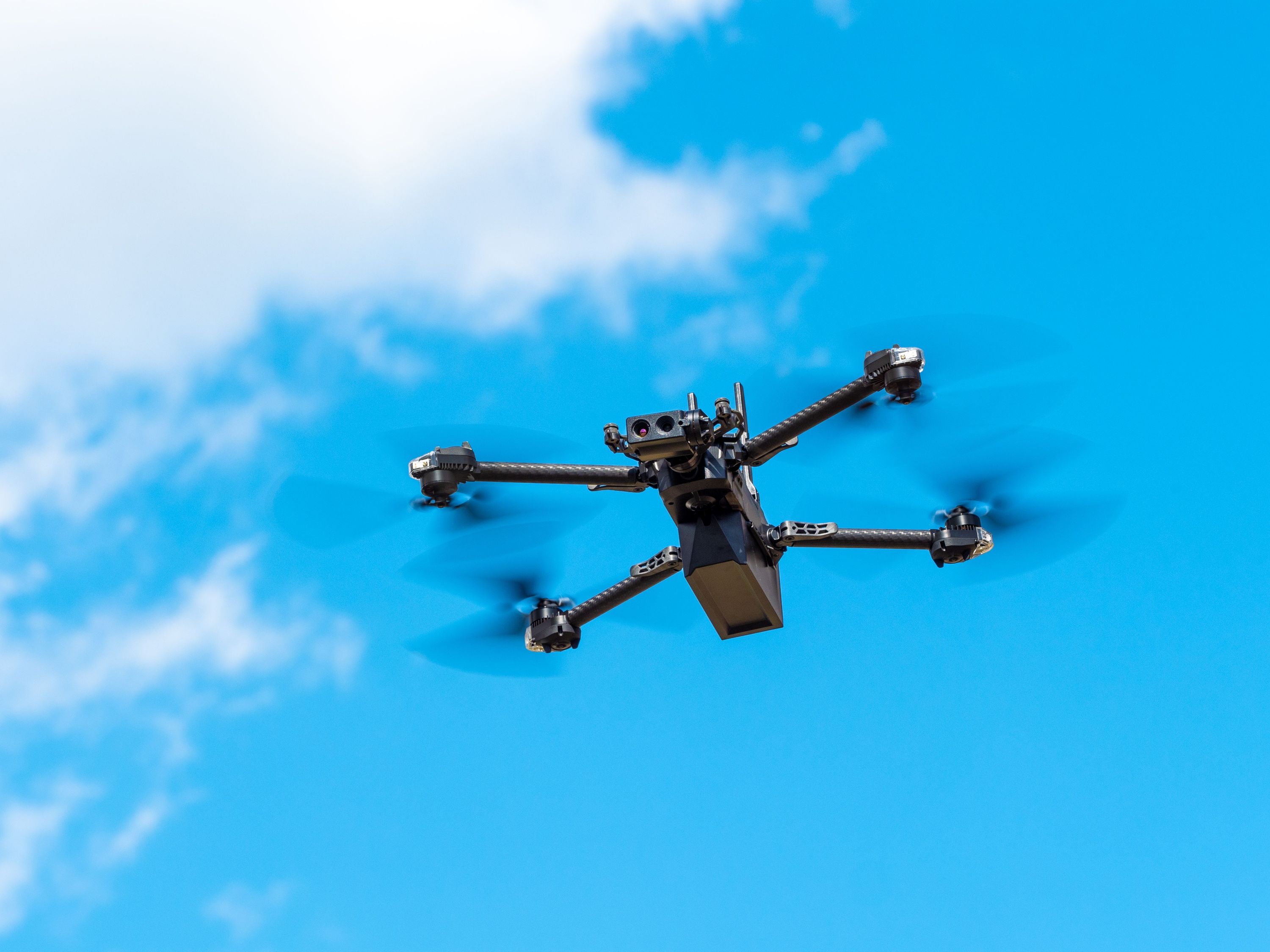
We started Skydio in 2014 because we saw the incredible potential of drones to have a positive impact on the world, and thought that full autonomy — the ability to perform complex tasks without a pilot — would be key to realizing that potential. Drones are powerful tools, but with conventional manual drones, you need a skilled pilot focusing their attention on the drone at all times while it’s flying. This limits the scale and scope of use cases. Autonomy shifts the paradigm: drones do useful work in the background and are available whenever and wherever they’re needed.
Our initial focus on consumer markets was based on our belief that (1) we could create a new kind of creative tool that would unlock an entirely new kind of content capture and (2) the pace of development possible with consumer hardware using the smartphone component ecosystem, and the autonomy system we developed for autonomous follow and film applications, would be a powerful foundation for a lot of other stuff. You can see both of these ideas alive in Skydio 2 today: in the amazing content our customers are creating that would be impossible to film any other way, and in the organic adoption of Skydio 2 for myriad inspection and situational awareness use cases.
Enterprise has always been part of our long term vision. Today, we’re accelerating towards that vision. We’re announcing a new family of drones for enterprise and government customers in Skydio X2, new enterprise software capabilities for Skydio 2 and X2, a $100M Series C fundraise, and new team members that bring world-class enterprise go-to-market expertise to Skydio.
Expanding beyond the consumer market is an opportunity to clarify our purpose as a company, and today we’re also announcing an expanded mission: make the world more productive, creative, and safe with autonomous flight.
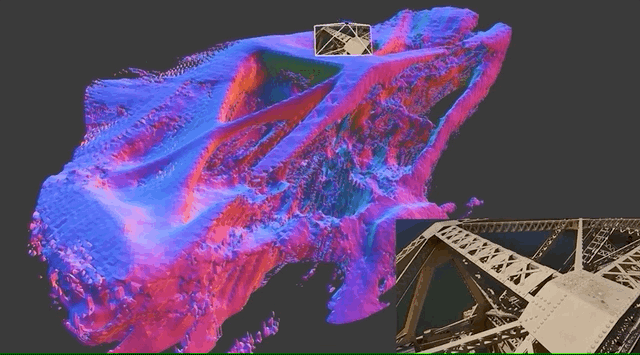
The potential for positive impact is enormous. A world where small electric autonomous drones persistently digitize all of our physical infrastructure is a world with more efficient energy production, fewer deadly accidents, less pollution, and less waste. A world where autonomous drones are available to respond to 911 calls and other emergencies 24/7 is a safer world. In contrast to blanketed security cameras, drones have the ability to provide targeted situational awareness exactly when and where it’s needed. And a world where the militaries of the US and other free countries have access to real-time, highly accurate intelligence on the battlefield is a safer world for soldiers and civilians in harm’s way.
And these aren’t far off examples. We have customers seeing the value in all of these use cases today. With the software and hardware we’re announcing now, we’re making existing use cases work better and opening up new ones.
We take pride in developing the technology that will transform our world for the better. At the same time, we recognize that drone technology, like other forms of technology, can be abused. We will do our part to advance systems and practices that promote responsible use.
Our approach rests on two tenets: (1) companies bear the responsibility to confront the potential misuse of their products, but (2) private industry should not be the final arbiter of appropriate conduct — governments of free societies have a critical role to play. Microsoft and others have set an example of how tech companies can engage. As Brad Smith, the President of Microsoft has said, “the world needs a mixture of self-regulation and government action.”
Consistent with those tenets, we are announcing a set of principles designed to advance our values: the Skydio Engagement and Responsible Use Principles.
